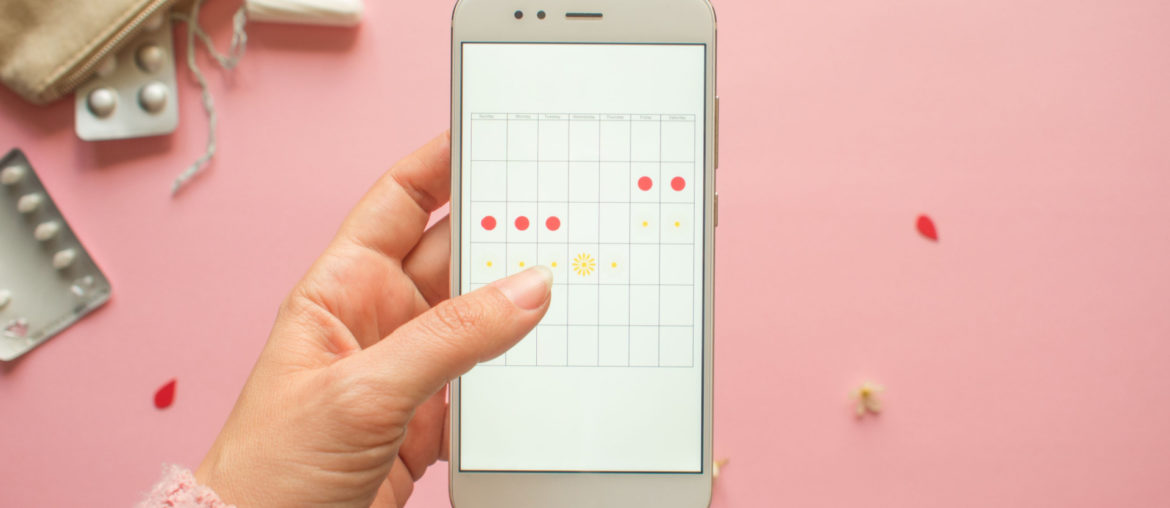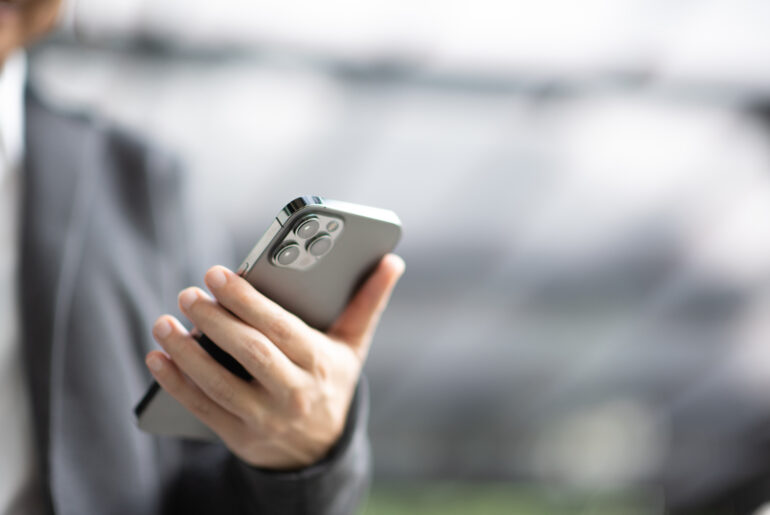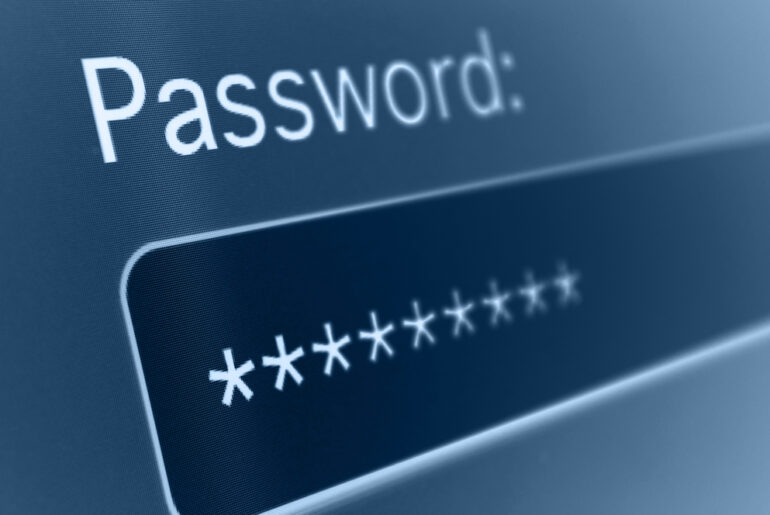Using an app to keep track of your health is something that over 86.3 million people do around the world. Whether you’re tracking habits, heart rate, or steps, many users rely on the convenience of apps to record this information. Recently, period trackers have moved into the spotlight as a result of the Roe v Wade decision. Reports of period tracker apps violating their user’s privacy by surrendering reproductive data have caused a significant amount of concern. This has made many users wonder, “are period trackers safe to use?”
The Risks of Period Tracker Apps
According to a recent report from Mozilla, 18 out of 25 popular reproductive applications have insufficient or exploitative privacy policies. What’s so troubling about this? In a time where the reproductive rights of citizens are being stripped away, data from period tracking apps can pose a risk to an individual’s safety. These apps can note when a user is pregnant, ovulating, or when they have had a miscarriage or abortion. There are concerns that this data will be turned over to authorities. This is especially concerning because it has already happened.
When conducting these privacy surveys, Mozilla was looking for applications to meet certain criteria. This includes secure data encryption, automatic security updates, and a publically available privacy policy. These are just a few of the specifications that Mozilla has for a secure application. However, a meager 7 of the 25 apps tested were the only ones to meet the guidelines. This means that a significant portion of the period tracker apps on the market are not secure enough.

Are Period Trackers Safe?
One primary risk of a health tracker, especially apps monitoring menstrual activity, is how companies use and store that data. Many health trackers are not compliant enough, according to Mozilla’s study, to trust them with your personal information. In fact, most of the applications tested showed that they collect data from their users. But what exactly is being done with this information once these apps record it?
It’s not just period trackers that are risky platforms, either. Mozilla reports that WebMD Pregnancy collects user data that they then transfer to third parties. The page even mentions that they may or may not comply with law enforcement requests. This means that they could surrender data about a user’s reproductive status if it were legally required of them.
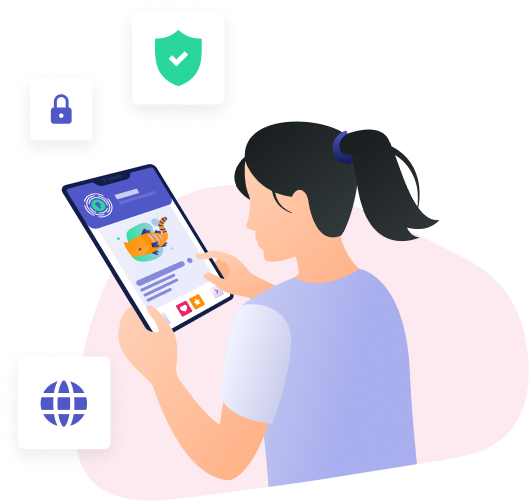
Should You Store Health Information on Apps?
Sharing your personal health information on apps is a risk. Unless you’re certain your data won’t be given away, it’s impossible to know whether your health information is safe. This includes apps like Couch to 5k, My Fitness Pal, Noom, and even mental health apps like Headspace.
Native health tracking applications on your phone track your steps and general health information, such as your screen time usage. Alternatively, many physical health tracking devices are known to have better privacy and safety policies regarding user data. Regardless, it’s important to conduct your own research before deciding to share personal information with a potentially unsafe application.
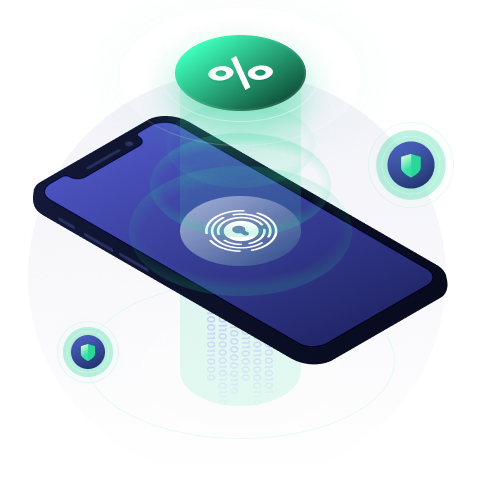
Get Reliable Privacy and Security with PrivadoVPN
If you’re looking for a way to increase your privacy online, PrivadoVPN can help. With a reliable VPN on your side, you can easily feel secure knowing that your private data is safe. Simply load up the app, connect to an encrypted server, and browse normally. It’s that easy. Plus, you can even protect all of your personal devices from just one account. Want to learn more about how a powerful VPN can effectively protect you and your private data? Sign up for PrivadoVPN today!
Download PrivadoVPN
Protect your privacy with a world-class VPN. Sign up for premium access to PrivadoVPN and get unlimited monthly data, access to 300+ servers from around the world, and up to 10 simultaneous connections. Get a top-rated VPN that can secure your privacy at home, at work, or on the go.
Sign up for PrivadoVPN today!

